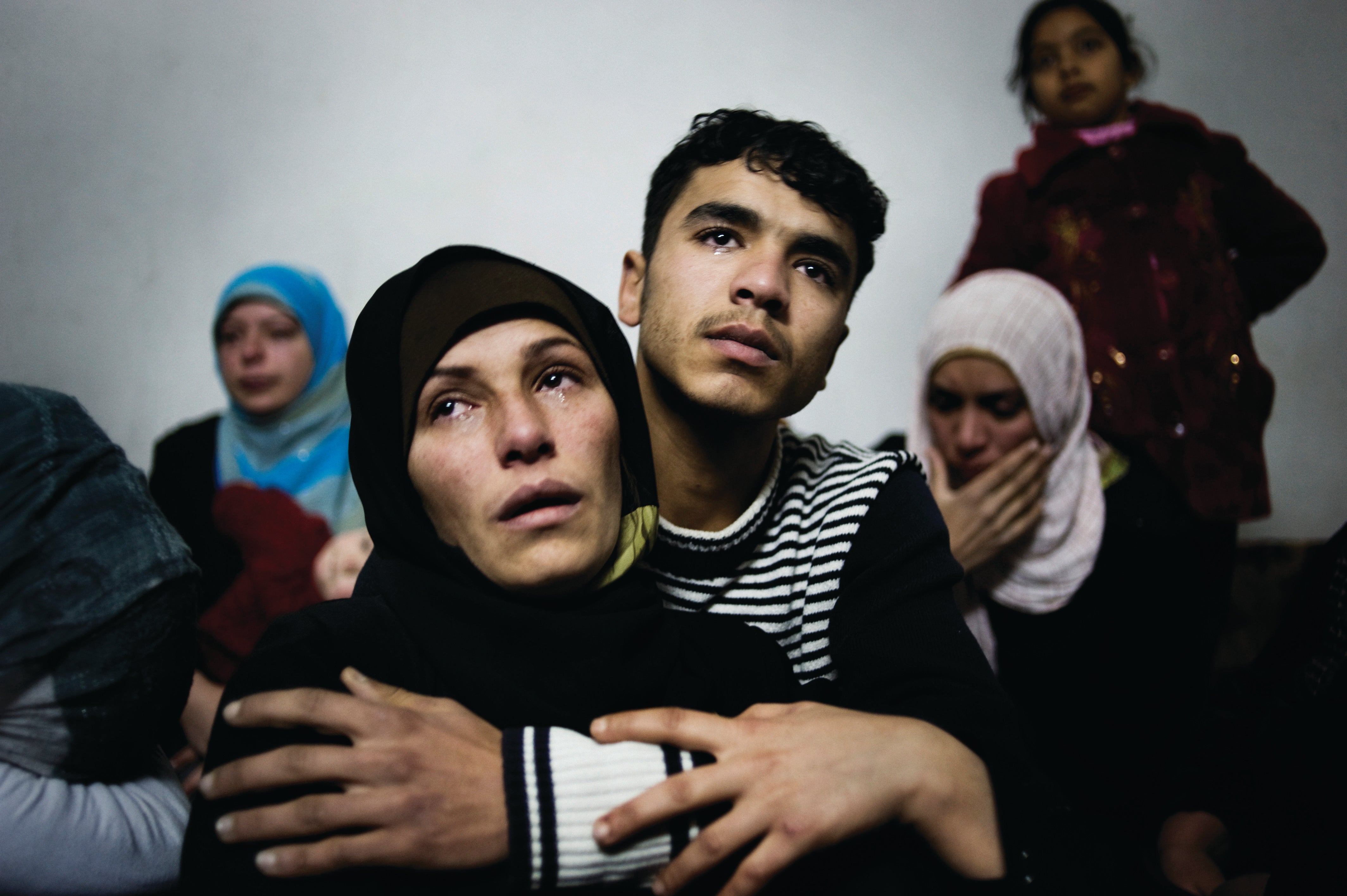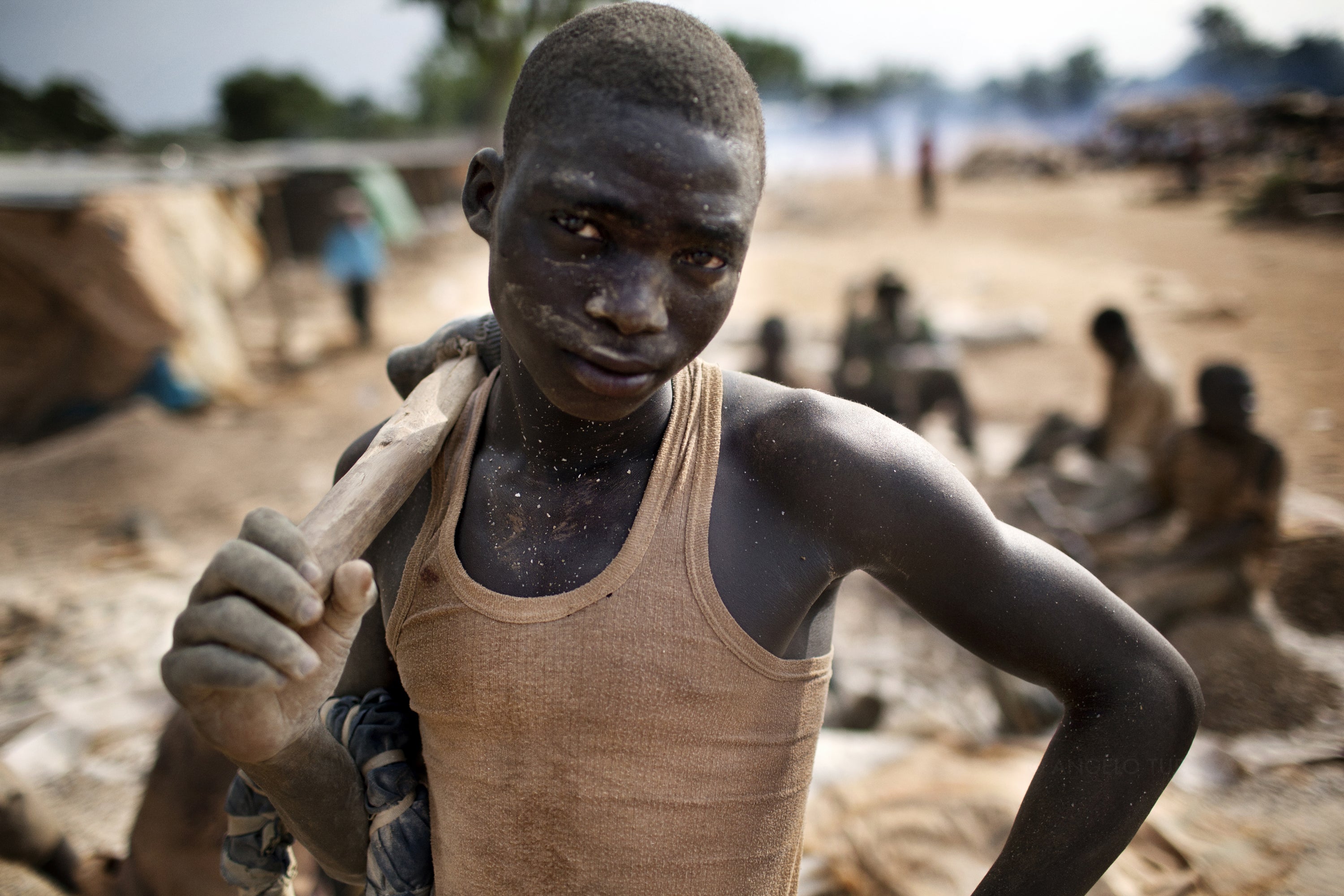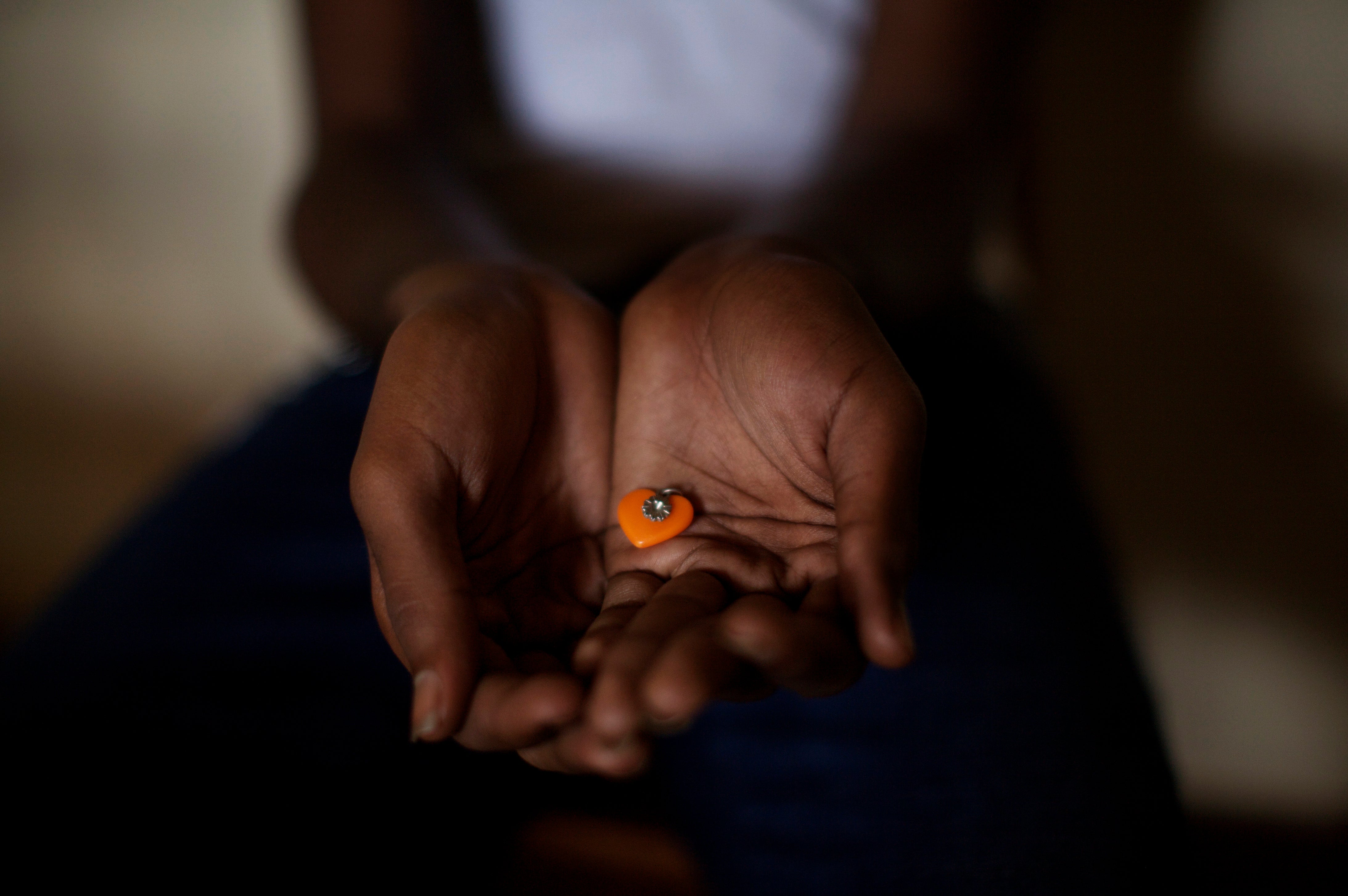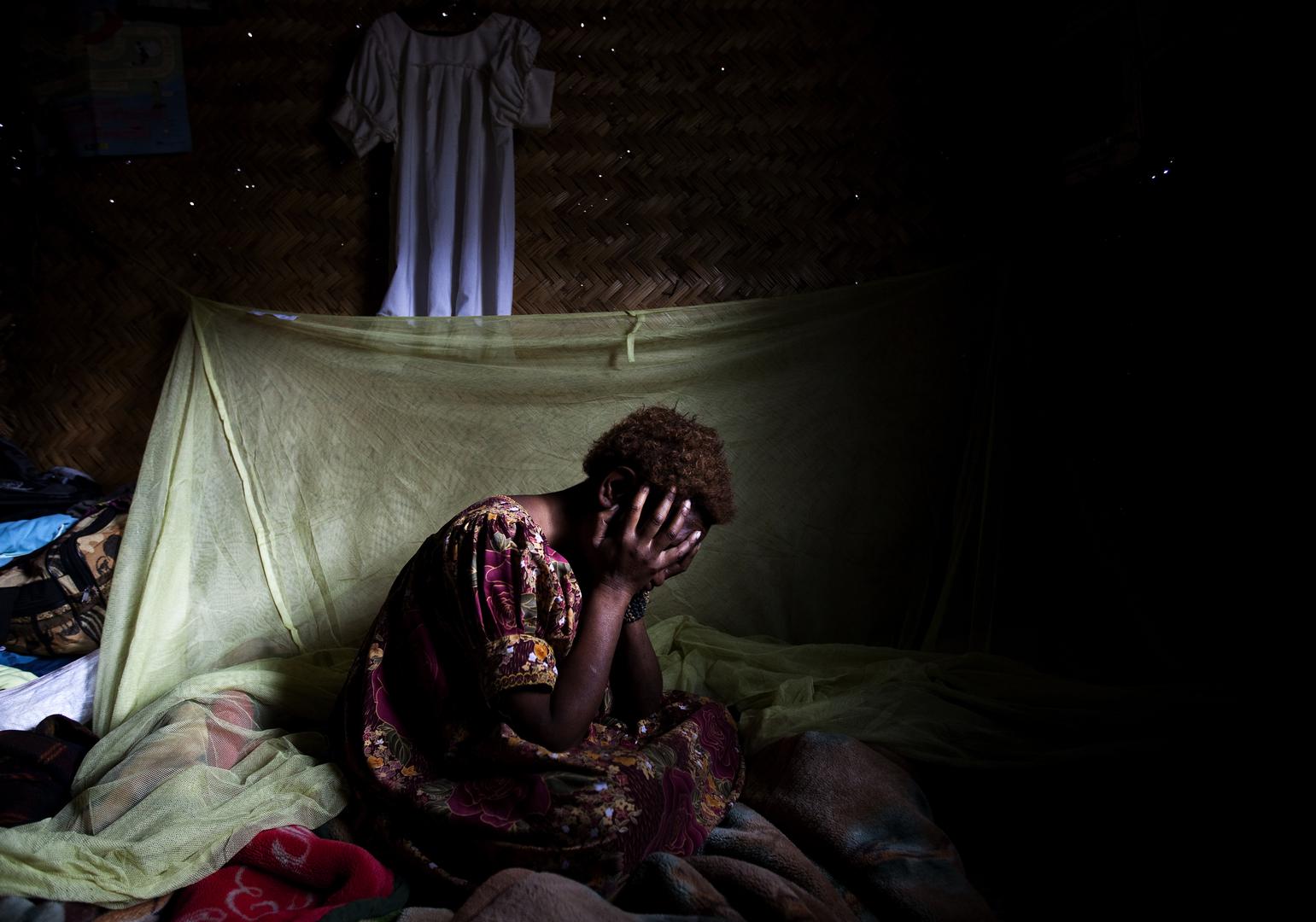Bangladesh’s overall human rights situation worsened in 2012, as the government narrowed political and civil society space, continued to shield abusive security forces from accountability, and flatly ignored calls by Human Rights Watch to reform laws and procedures in flawed war crimes and mutiny trials. Civil society and human rights defenders reported increased governmental pressure and monitoring.
Download the Bengali Translation >>
The security forces’ practice of disguising extrajudicial killings as “crossfire” killings or legitimate confrontations between alleged criminals and security forces continued, as did disappearances of opposition members and political activists. A prominent labor activist was kidnapped and killed, and other labor activists threatened.
After June 2012 sectarian violence in Arakan state in neighboring Burma, the government responded to an influx of Rohingya refugees by pushing back boatloads of refugees and insisting that it had no obligation to provide them sanctuary. The government curtailed the activities of nongovernmental organizations operating in pre-existing Rohingya refugee camps in Cox’s Bazaar in Chittagong.
Flawed trials against those accused of war crimes in the 1971 war for independence continued, as did mass and unfair trials of the Bangladesh Rifles (now Bangladesh Border Guards) accused of mutineering in 2009.
The government continued to demand that Indian border guards stop killing Bangladeshi nationals who cross into India for smuggling or other crimes.
Extrajudicial Killings, Torture, and Impunity
Although there was a decline in overall numbers of civilians killed by security forces in 2012, the Rapid Action Battalion (RAB)—a force comprised of military and police—continued to carry out extrajudicial killings. The ruling political party, the Awami League, pledged to bring the RAB under control when it assumed office, but abuses persisted.
The government continued to persecute 17-year-old boy, Limon Hossain, whom RAB officials shot and maimed in March 2011. Although the government initially said that Hossain was injured in a botched RAB operation, it quickly retracted the statement and filed criminal charges against him. In August 2012, an alleged RAB informant attacked and beat Hossain in a street in his hometown. Instead of protecting Hossain, the government filed further charges against him, and accused him and his relatives of murdering a bystander.
The authorities failed to investigate and prosecute the RAB or other security forces responsible for extrajudicial killings or torture. While the RAB set up an internal investigative unit with technical assistance from the United States, no RAB member has ever faced criminal prosecution for a human rights violation.
In April, Elias Ali, secretary of the Sylhet Division of the opposition Bangladesh Nationalist Party (BNP), disappeared without trace. Prime Minister Sheikh Hasina called on the police to investigate Ali’s disappearance, but undermined the effort by claiming that Ali and his driver were “hiding” at his party’s orders to allow the opposition to blame the government. Human rights groups reported more than 20 disappearances in 2012.
Labor Rights
Aminul Islam, a prominent labor rights activist, was found tortured and killed in April 2012. In response to an intense outcry, the Home Ministry set up a high-level commission to investigate his killing, but there had been no progress in the investigation at this writing. While there was no suggestion of political responsibility, Prime Minister Hasina made public statements downplaying the significance of the killing.
Workers in Bangladesh faced poor working conditions, low wages, and excessive hours. Government repression and collusion with factory owners prevented them from organizing effectively.
The government continued legal action against the Bangladesh Center for Worker Solidarity (BCWS), an NGO that works closely with trade unions. Over a dozen labor rights leaders, including BCWS leaders, faced criminal charges on a variety of spurious grounds, including under the Explosive Substances Ordinance Act, which carries the death penalty as a sentence. Labor rights groups faced registration problems that affected their funding and operations.
Hazaribagh Tanneries
The Hazaribagh neighborhood of Dhaka, the capital, is considered to be one of the world’s most polluted urban sites; some 150 leather tanneries discharge 21 thousand cubic meters of untreated effluent into the nearby Buriganga River each day. Local residents complain of fevers, skin diseases, and respiratory and stomach illnesses due to contamination, while tannery workers suffer from skin and respiratory diseases due to exposure to tanning chemicals, and limb amputations caused by accidents in dangerous tannery machinery. In some tanneries, children as young as 11 work directly with chemicals, operate heavy tannery machinery, or slice hides with razor blades.
In 2001, Bangladesh’s High Court ordered the government to ensure that the tanneries installed adequate waste treatment facilities. The government ignored that ruling. Officials from the Department of Environment and the Department of Labour confirmed that the government does not enforce labor and environmental laws in Hazaribagh, which exports most of its leather to China, South Korea, Japan, Italy, Germany, Spain, and the United States.
Restrictions on Civil Society and Political Opposition
The government was increasingly hostile in 2012 to civil society groups. Following the July 2012 publication of a Human Rights Watch report on the 2009 Bangladesh Rifles mutiny, Bangladeshi officials threatened action against domestic rights groups who had helped conduct the research.
Of particular concern is a draft law aimed at regulating foreign donations to Bangladeshi NGOs. Many NGOs, such as BCWS or Odhikar, had already been facing years of delays in getting critical foreign funds released for their projects. The bill appeared aimed at severing funds for organizations engaged in publicly criticizing the government. In August 2012, the government announced plans to establish a new commission charged solely with regulating NGO activities, in addition to the NGO Affairs Bureau that already exists in the prime minister’s office.
Refugees and Asylum Seekers
The government’s response to the influx of Rohingya refugees fleeing sectarian violence in Arakan state, Burma, exposed its failure to respect the United Nations Refugee Convention. Bangladesh pushed Rohingyas back at the border, regardless of the risk they faced when they return to Burma, and blocked critical humanitarian assistance.
The government suspended any third-country resettlement of the Rohingya refugees, arguing it would encourage other Rohingya in Burma to seek refuge in Bangladesh. Government officials labeled Rohingya “intruders” and “criminals,” and blamed them for destroying Buddhist temples in mass riots in October, without offering evidence to prove they were responsible.
International Crimes Tribunal and Bangladesh Rifles Mutiny
Trials against those accused of war crimes during the 1971 war of independence continued, despite calls by the US war crimes ambassador, Stephen Rapp, and several international groups to amend the International Crimes Tribunal Act (ICT Act) to ensure it complied with international fair trial standards.
The trial chamber allowed several prosecution witnesses statements as evidence, without any live testimony being heard. While the prosecution claimed the witnesses were unavailable, the defense produced safe house logbooks that showed they were available at the time when they were meant to appear in court. However, the tribunal rejected the defense’s claims. In the first trial against the accused Delwar Hossain Sayedee, defense lawyers claimed that they could not produce their witnesses due to intimidation and threats against them by the prosecution. The prosecution denied the claims.
Mass military trials against the 6,000 soldiers of the Bangladesh Rifles (since renamed Bangladesh Border Guards) continued, with nearly every accused soldier being found guilty. A mass trial in a civilian court of over 800 soldiers continued in 2012. In addition to the allegations of torture, most of the accused did not have proper access to lawyers and were often unaware of the charges against them. The government rejected Human Rights Watch’s concerns—published in a July 2012 report—concerning these mass trials, which involved as many as 800 accused being tried at one time, in one courtroom. Instead, the government mounted a public relations campaign that denounced Human Rights Watch and local groups that had helped to research the report.
Women’s and Girls’ Rights
While Bangladesh has a strong set of laws and judicial guidelines to tackle violence against women, implementation remains poor. Violence against women including rape, dowry-related assaults, and other forms of domestic violence, acid attacks, and illegal punishments in the name of fatwas or religious decrees and sexual harassment continue.
Bangladesh reported the highest prevalence of child marriages in the world. Archaic and discriminatory family laws for Muslims, Hindus, and Christians, continued to impoverish many women when they separate from, or divorce spouses, and trap them in abusive marriages for fear of destitution. The Law Commission of Bangladesh researched and recommended reforms to these laws in 2012.
International Community
The international community continued to press the government to respect civil and political rights in the face of increased restrictions on political opposition groups and civil society. The donor community was particularly vocal in calling for swift and meaningful investigations into the murder of Aminul Islam and the disappearance of Elias Ali, as well as calling on the government to give Rohingya refugees sanctuary. The government often responded by suggesting that critics were part of a conspiracy against it.
Under persistent pressure from Bangladesh, Indian authorities committed to end all unlawful killings at their shared border.
In June, the World Bank announced that it was withdrawing its US$1.2 billion credit assistance for building the Padma Multipurpose Bridge across the Padma River due to evidence of serious corruption by senior government officials. In September, the government agreed to put in place conditions that the World Bank had demanded when the deal was suspended, including placingall public officials suspected of involvement in the corruption scheme on leave from government employment, appointing a special inquiry and prosecution team, and granting an external international expert body access to investigate the corruption charges and advise the bank. When the government announced in September 2012 that the Padma Bridge deal was back on track, the World Bank issued a public rejoinder stating that the project would resume only once all its conditions had been fully and unconditionally fulfilled.




